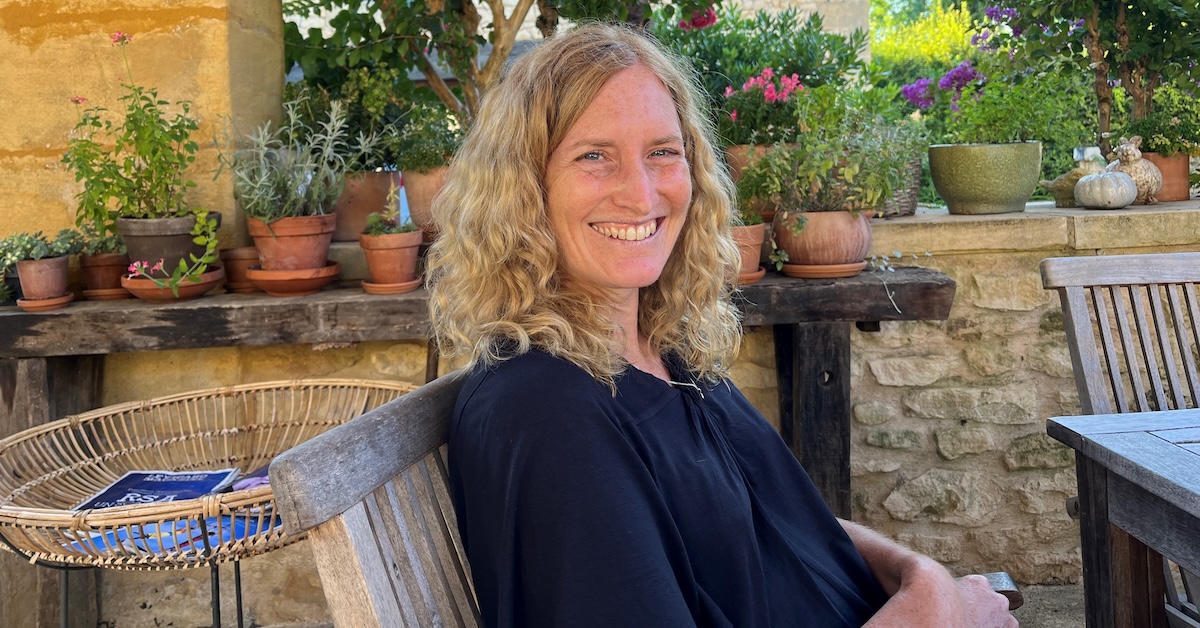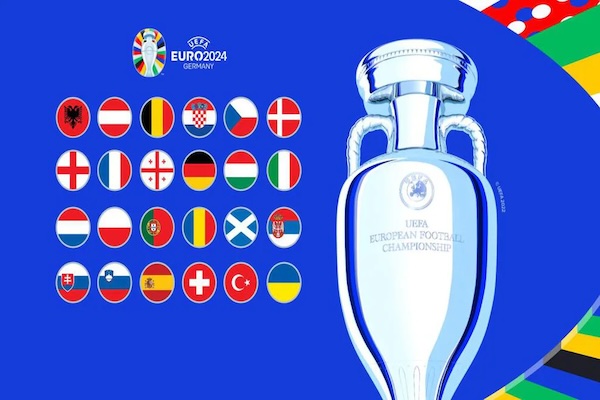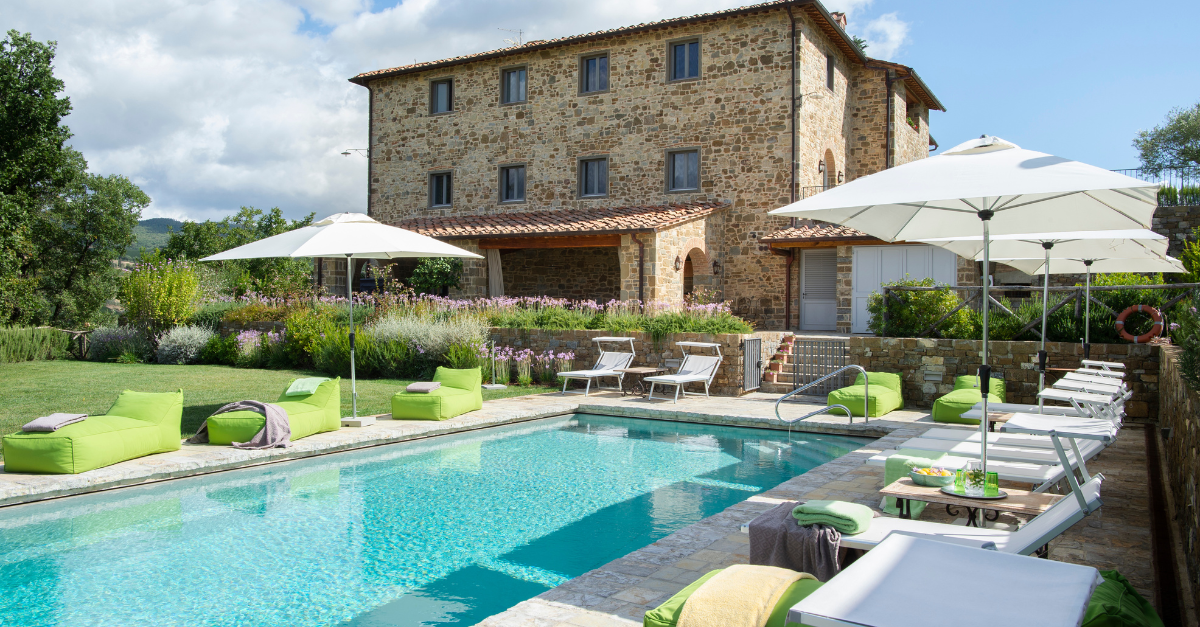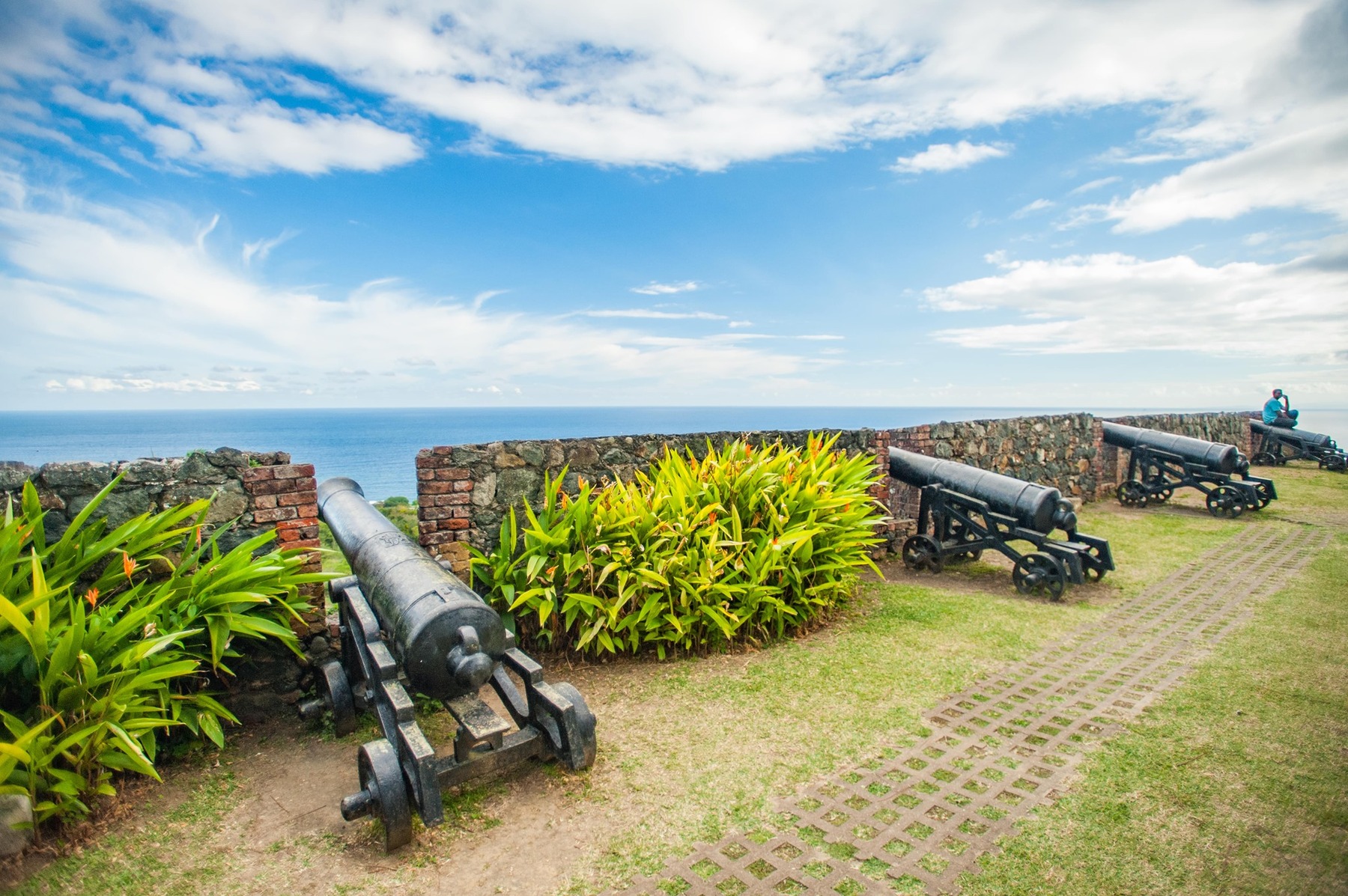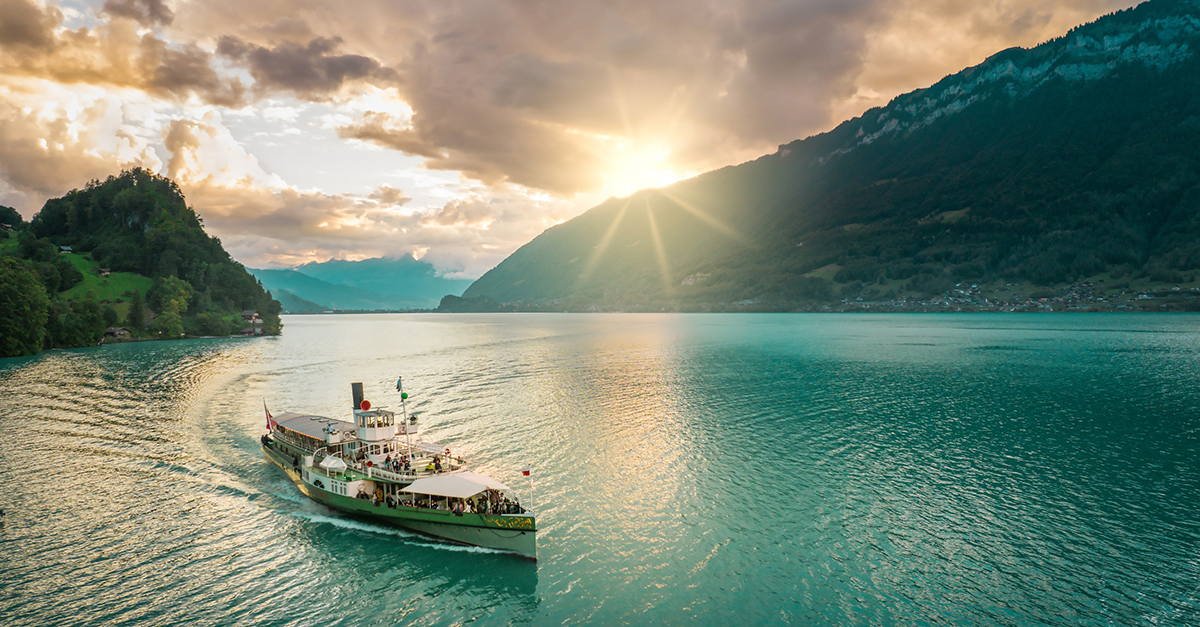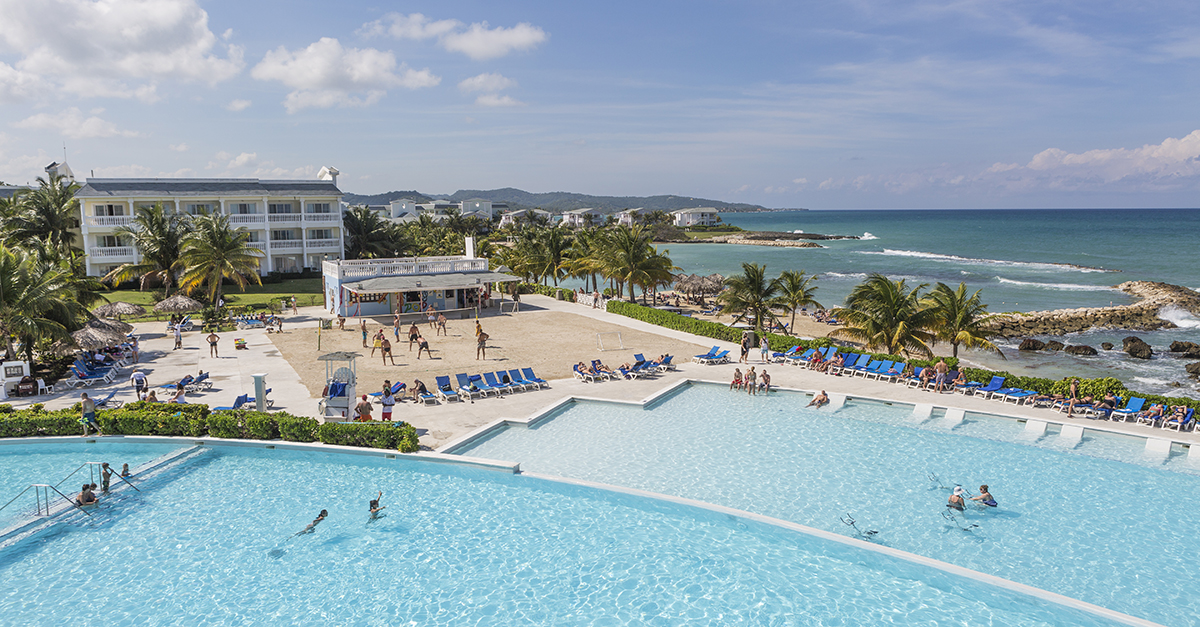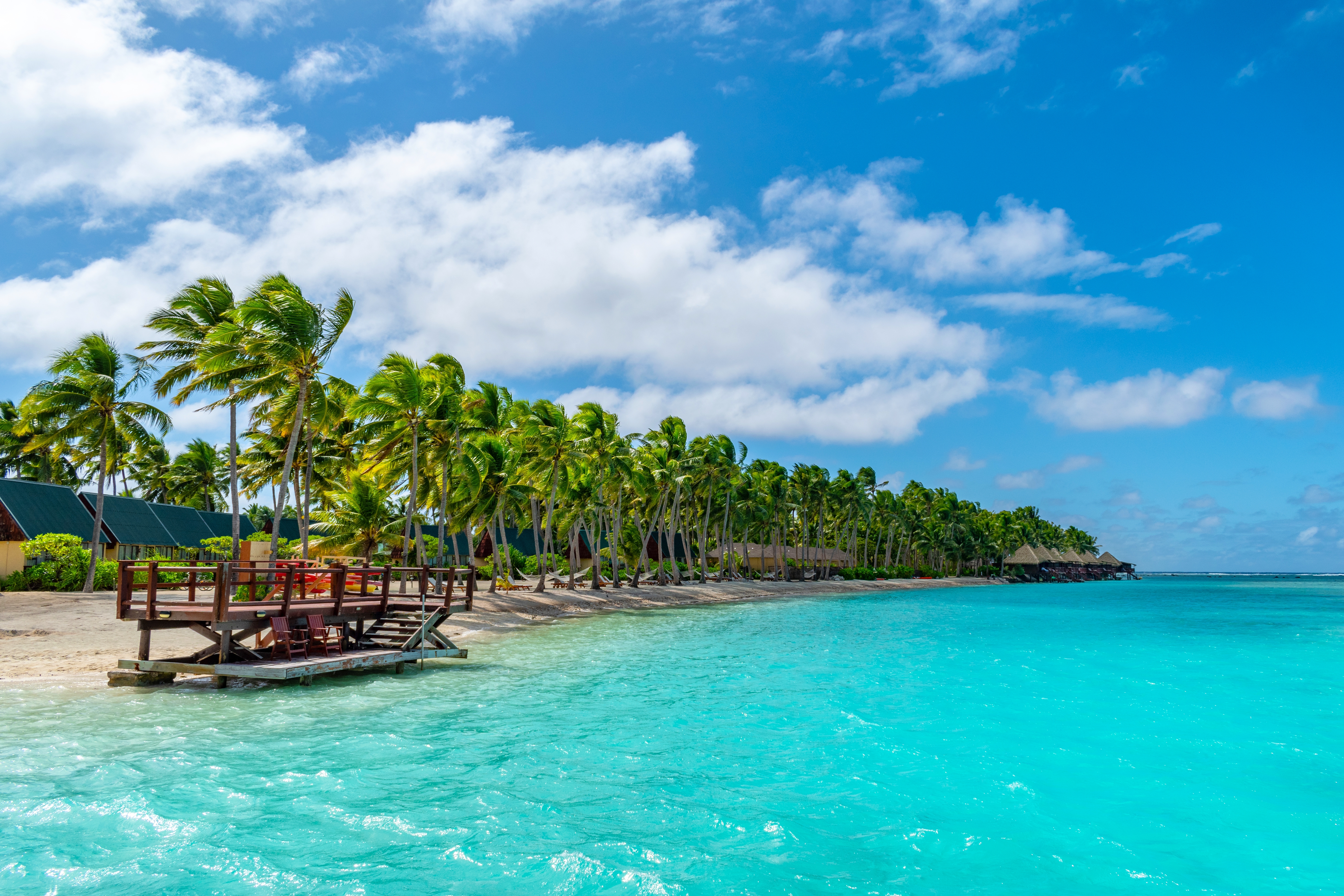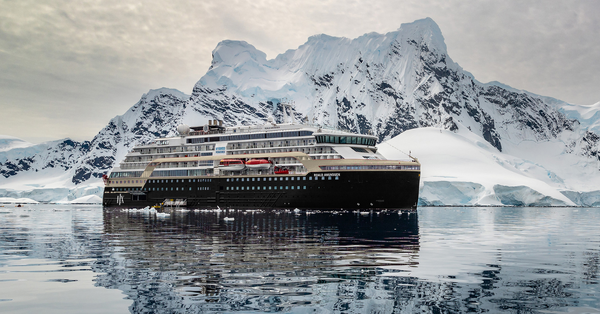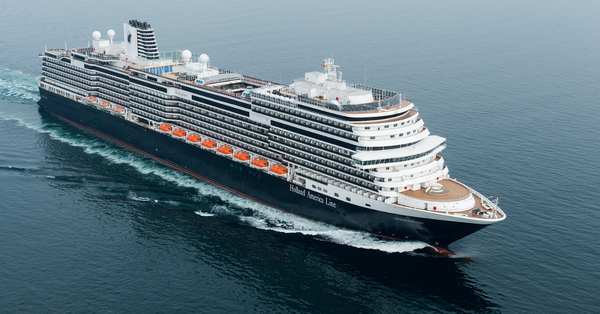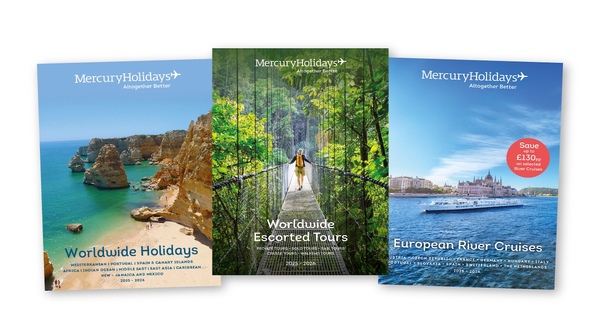You are viewing 1 of your 2 free articles
Comment: Tourist taxes can play key role in preserving destinations
The challenge of overtourism is one that many of the world’s most iconic destinations are grappling with.
Venice, a city famed for its winding canals and centuries-old architecture, is one of the clearest examples of how an influx of visitors can strain infrastructure, disrupt local life and threaten cultural heritage.
In response, the city has introduced a €5 per day tourism tax for day visitors during peak seasons – a move that has sparked discussions about the role of such levies in protecting and sustaining popular destinations.
This low-cost initiative represents a meaningful step toward responsible tourism. However, it raises a key question: can tourism taxes be truly effective if they aren't implemented everywhere?
Supporting the future
Tourism taxes are not a new concept, but their importance in shaping sustainable travel is growing. As more destinations across Europe and beyond implement similar taxes to balance the economic impacts of tourism, incorporating both the gains and the costs, this new tax, along with others like it, offers a more streamlined and effective way to manage visitor flow.
These funds will support the upkeep of parks, roads and public spaces, as well as new conservation projects, ensuring these areas remain beautiful and accessible for generations to come.
This levy is a necessary step, recognising Venice's vulnerability. The city faces significant environmental challenges, including rising sea levels and the pressures of overtourism, meaning every contribution is valuable. However, for true effectiveness, a universal tourism-based taxation system is required, ensuring that all visitors – regardless of arrival method (plane, train, or cruise) – contribute equitably based on their time spent in and impact on these vital areas.
Gaps in the regulations
A significant concern regarding Venice's tourism tax is the existence of loopholes. For example, large cruise lines are currently exempt due to docking times of less than 24 hours. Consequently, they contribute nothing, despite disembarking thousands of passengers who spend several hours in the city, impacting its resources without contributing to its preservation.
Such loopholes underscore the need for a more unified and organised approach, including stronger oversight from tourism boards and greater political accountability across travel agencies and ticket sales.
Close collaboration required
Sustainable tourism requires a reciprocal relationship. Travellers must be willing to make small but impactful changes that contribute to the preservation of the destinations they visit. Equally important, however, is a consensus between international authorities and local governments to eliminate exemptions for operators who exploit high visitor volumes without contributing their fair share.
Ultimately, these are issues within human control. Many travel companies offer responsible travel options, which should be prioritised. Choosing smaller, eco-friendly operators over large, mass-market alternatives promotes a more equitable distribution of economic benefits and reduces further strain on destinations already burdened by overtourism.
Power of small actions
The Venice travel tax is a starting point, not a final solution. It requires future adjustments for better implementation and should be part of a broader strategy involving other travel-related businesses – hotels, restaurants and shops – because a collective effort is essential.
As visitors, we must consider how we can give back to the places that enrich our lives. Whether through small contributions like the tax, choosing sustainable providers or simply being mindful of our impact, even small actions make a difference. Venice can remain a storybook destination for future generations, but only if we actively participate in its preservation.
At European Waterways, we believe in mindful travel. Our cruises ensure that guests not only experience the beauty and history of places like Venice but also contribute to their longevity. By paying the tourism tax and encouraging longer stays, we support local economies while helping to preserve the cultural fabric of the destinations we visit.


